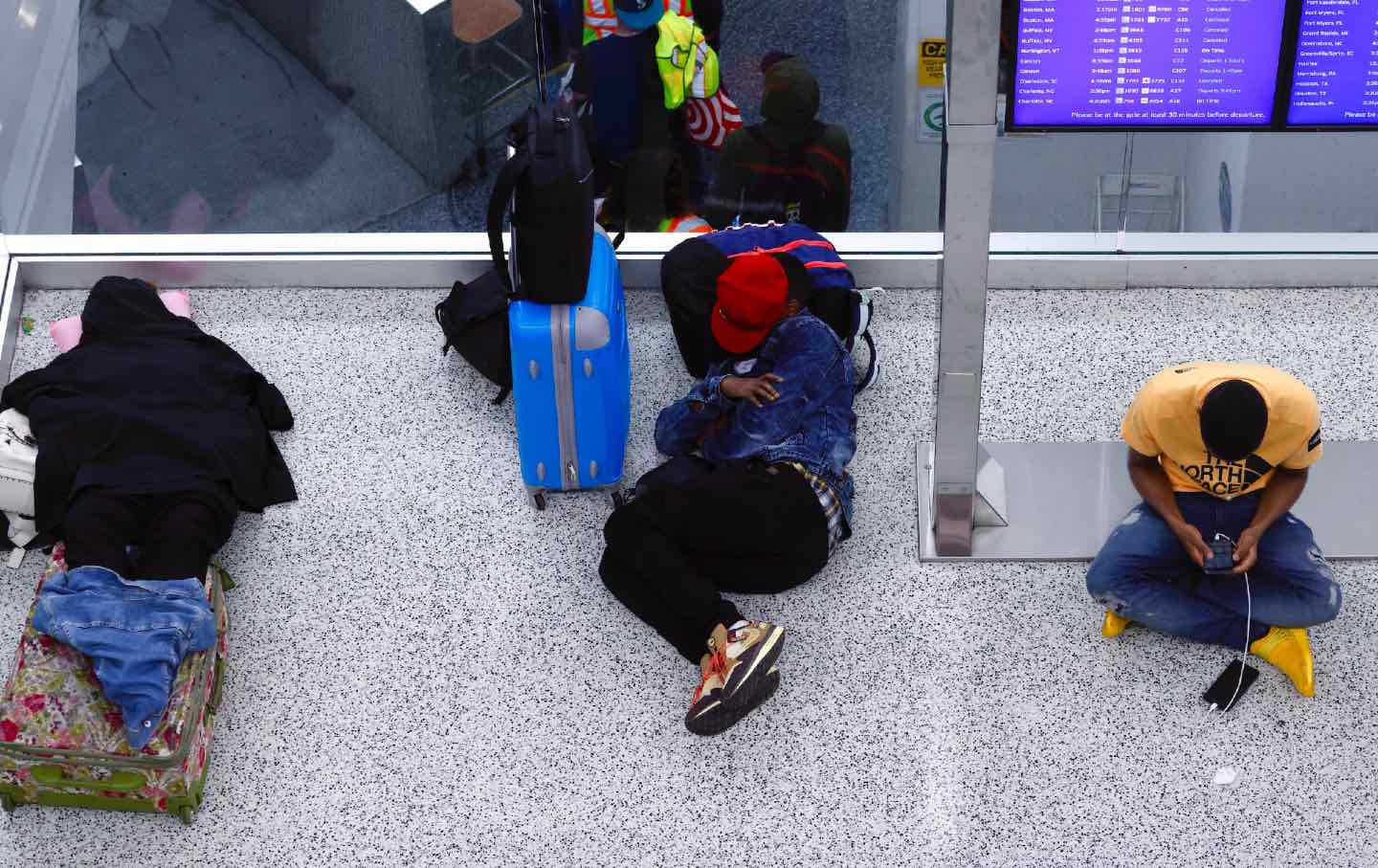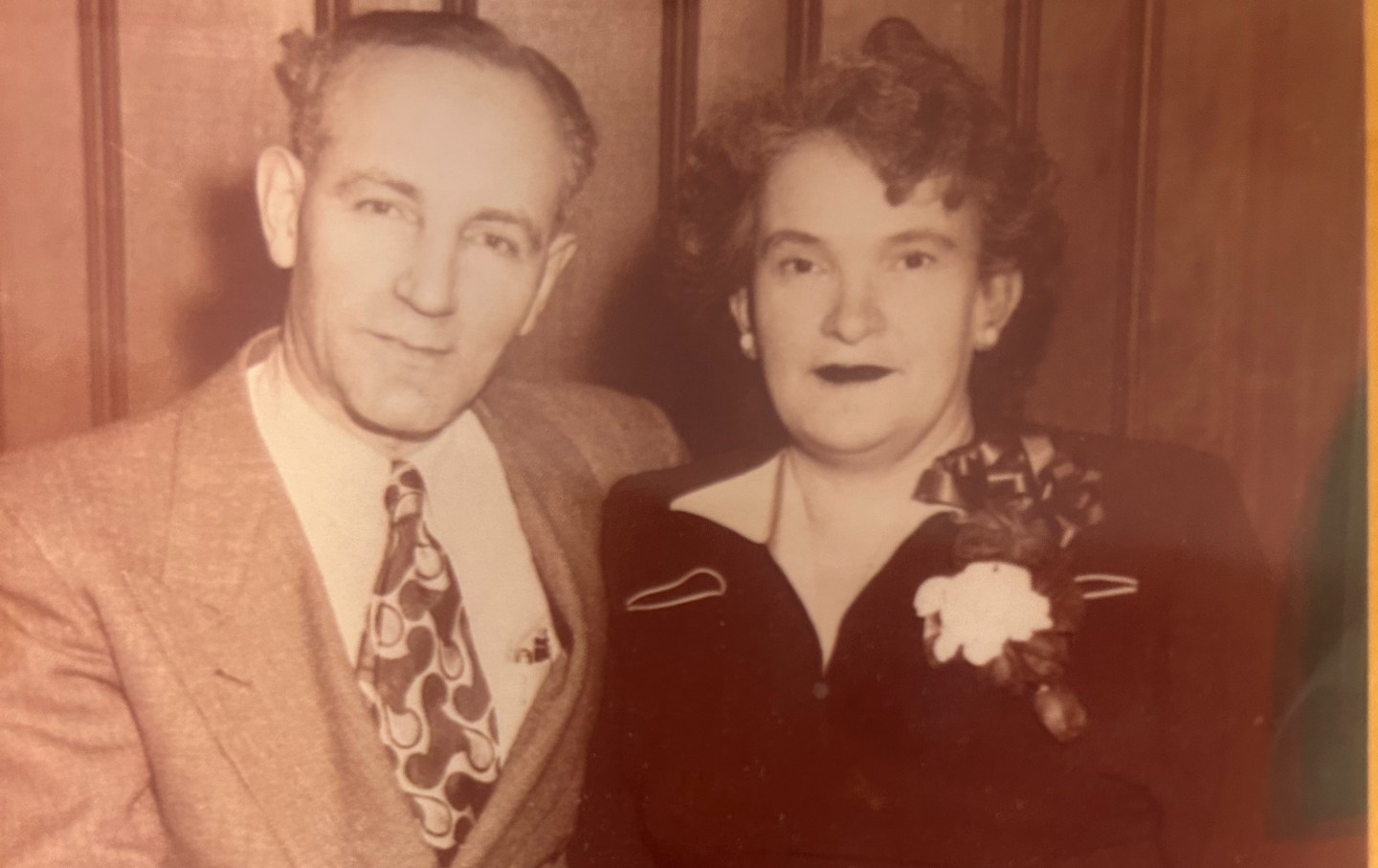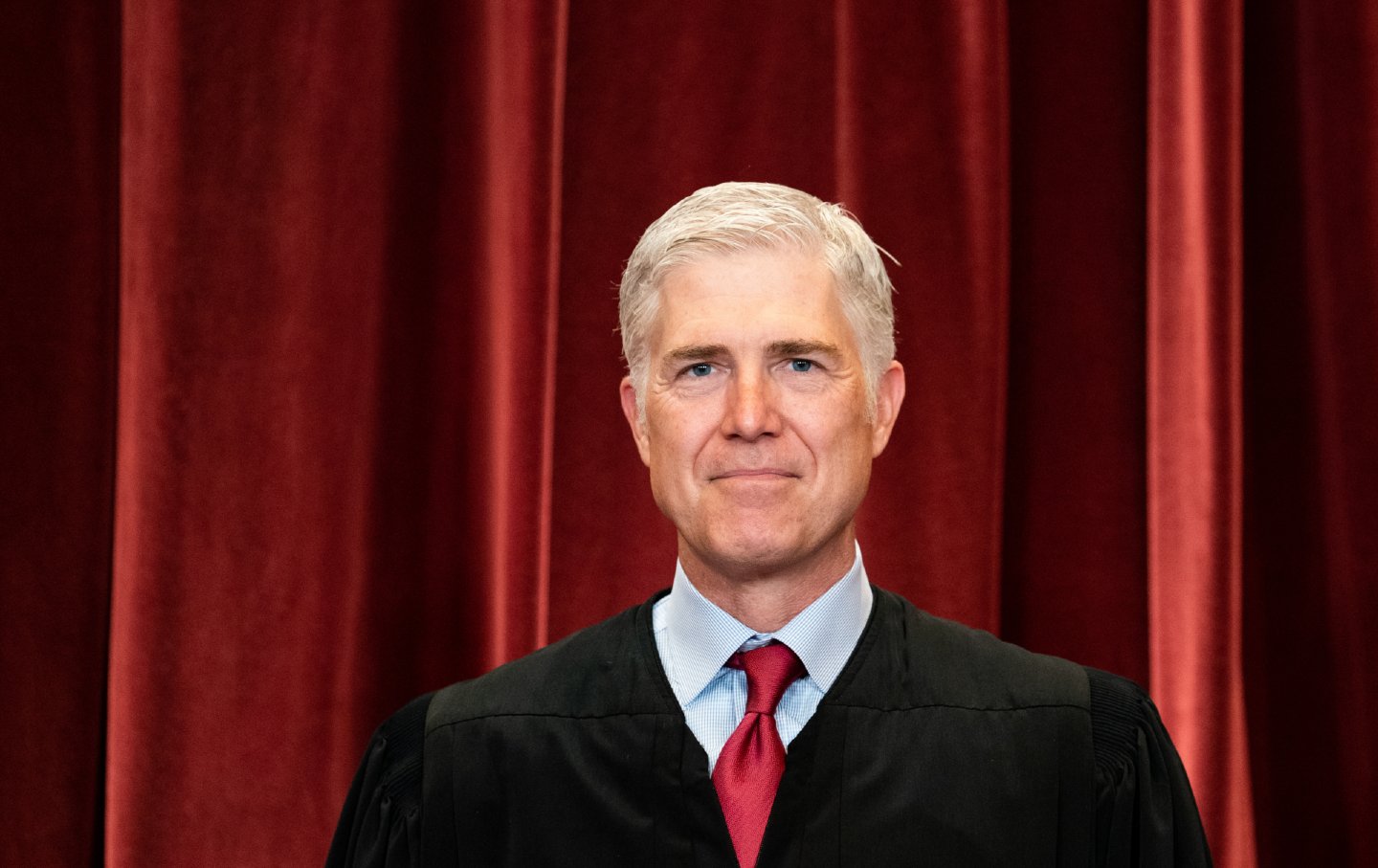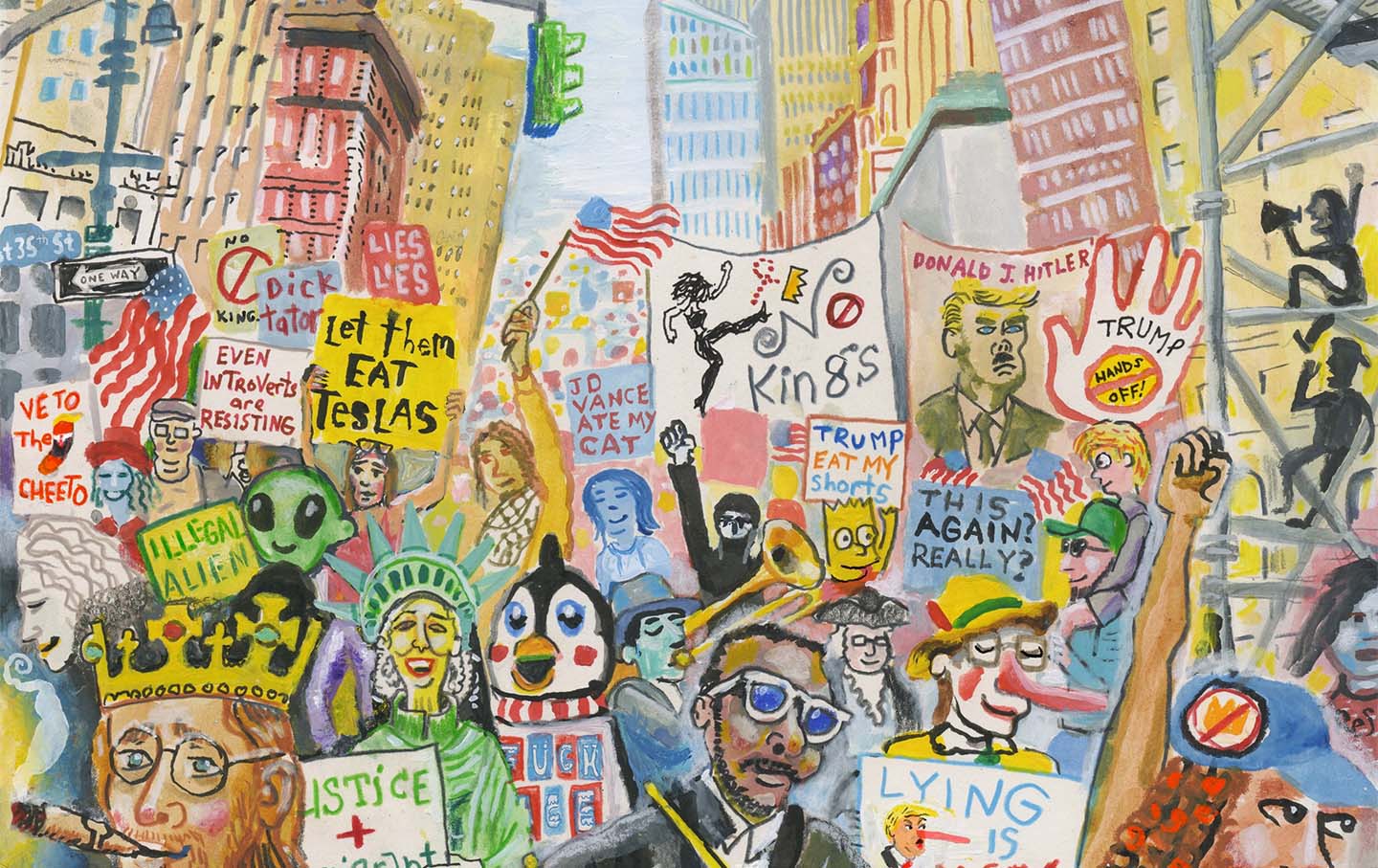Fear of Flying?
The fight for airline passenger rights—and holding the industry to account.

You’re not imagining it: flight delays are up this summer. At one point in late June, one third of all flights nationwide experienced delays—a 25 percent increase compared to the same range of dates last year. Cancellations were high, too: up a staggering 374 percent from 2019.
Delays and cancellations due to weather are bound to happen. But according to a report from the Government Accountability Office, airlines were responsible for 60 percent or more of their own cancellations in late 2021. So while you can’t blame airlines for bad weather—although considering their role in climate change, maybe you can—there is plenty of room to blame reckless management.
That’s where the Biden administration could step in. With the right regulations, it could rein in an increasingly unpopular industry, and meaningfully improve the lives of American travelers and airline industry workers alike.
Flight delays are more than just an inconvenience. During a recent Delta flight from Las Vegas to Atlanta, passengers endured an almost three-hour wait on the tarmac in sweltering 114-degree heat. Passengers fell ill, and some fainted. Luckily, none died.
And even if you dismiss the Delta disaster as an outlier, there are nightmare travel stories every day that are made worse—or completely caused—by airline mismanagement. Katie Demko, a Missouri traveler, missed her own wedding when Southwest canceled her St. Louis to Belize flight just before boarding. While she received a refund for the flight, she lost a whopping $70,000 in resort reservations. The reason for the cancellation? Southwest had understaffed their flight attendants.
Meanwhile, in Denver, Michelle Maciel was stuck at the airport all night—sitting on hold with United customer service after her flight to Portland was delayed several times and eventually canceled. She told CNN: “I can’t believe I’m 53 years old, I paid for a ticket and I slept on the ground. How is this OK with any of us?”
It shouldn’t be. In the European Union, if you suffer through security, arrive at your gate, and are hit with the dreaded news that your flight has been delayed, you will come to learn the wonders of a regulation called EU 261. Depending on the length of the delay, travelers in Europe are entitled to a refund, additional compensation, meal vouchers, a courtesy phone call to check in with loved ones—and, if the delay is overnight, a hotel reservation and a ride to get there and back. If your flight is delayed in the US, you are entitled to nothing.
But that could be changing.
The Biden administration has repeatedly indicated that it intends to improve consumer protection for airline travel. Proposed regulations would require airlines to cover meal and hotel expenses if the delay was in their control, and offer compensation beyond that. In a recent interview, Transportation Secretary Pete Buttigieg had forceful words for the airlines: “We’re going to beat ‘em up when we think that’s important to get passengers a better deal.”
But the administration’s actions thus far have been restrained. According to a Reuters report, the Transportation Department “asked carriers last year whether they would agree to pay at least $100 for delays of at least three hours caused by airlines.” A step forward, but should we need to ask politely to implement basic consumer protections? Is this what “beating ‘em up” looks like?
Over in Congress, bipartisan legislation just passed the House to increase funding for air traffic controllers—welcome news, since controller shortages often force the FAA to cancel or slow down flights. But because this is Kevin McCarthy’s House, the legislation also includes a provision to raise the mandatory pilot retirement age from 65 to 67, which is strongly opposed by unions and pilot groups. It would also repeal an Obama-era rule requiring airlines to display full flight prices in advertising. In the Republican imagination, the biggest problem with air travel is that the experience isn’t more like getting Taylor Swift tickets.
A better solution would be what Senators Ed Markey and Richard Blumenthal introduced earlier this year: the Airline Passengers’ Bill of Rights, which would guarantee compensation not just for delayed flights, but for passengers impacted by overbooked flights. Senator Markey has been at the forefront of the fight for airline reform—proposing provisions that encourage airlines to clearly communicate passenger rights and reroute those affected by delays.
Popular
“swipe left below to view more authors”Swipe →Such an approach would address a root cause of airline dysfunction: deregulation. Legal scholar Ganesh Sitaraman has a new book coming in November titled Why Flying is Miserable that will offer a new history of the policy mistakes that have charted our course to this undesirable destination.
As it happens, this week marks 42 years since President Ronald Reagan fired striking air traffic controllers. Today, President Biden has a chance to make a different kind of mark on the industry. He can help give air traffic controllers, pilots, mechanics, and other hard-working professionals in this field the compensation they deserve. He can improve the dignity of travel for all. And he can make American life a little less turbulent.
Disobey authoritarians, support The Nation
Over the past year you’ve read Nation writers like Elie Mystal, Kaveh Akbar, John Nichols, Joan Walsh, Bryce Covert, Dave Zirin, Jeet Heer, Michael T. Klare, Katha Pollitt, Amy Littlefield, Gregg Gonsalves, and Sasha Abramsky take on the Trump family’s corruption, set the record straight about Robert F. Kennedy Jr.’s catastrophic Make America Healthy Again movement, survey the fallout and human cost of the DOGE wrecking ball, anticipate the Supreme Court’s dangerous antidemocratic rulings, and amplify successful tactics of resistance on the streets and in Congress.
We publish these stories because when members of our communities are being abducted, household debt is climbing, and AI data centers are causing water and electricity shortages, we have a duty as journalists to do all we can to inform the public.
In 2026, our aim is to do more than ever before—but we need your support to make that happen.
Through December 31, a generous donor will match all donations up to $75,000. That means that your contribution will be doubled, dollar for dollar. If we hit the full match, we’ll be starting 2026 with $150,000 to invest in the stories that impact real people’s lives—the kinds of stories that billionaire-owned, corporate-backed outlets aren’t covering.
With your support, our team will publish major stories that the president and his allies won’t want you to read. We’ll cover the emerging military-tech industrial complex and matters of war, peace, and surveillance, as well as the affordability crisis, hunger, housing, healthcare, the environment, attacks on reproductive rights, and much more. At the same time, we’ll imagine alternatives to Trumpian rule and uplift efforts to create a better world, here and now.
While your gift has twice the impact, I’m asking you to support The Nation with a donation today. You’ll empower the journalists, editors, and fact-checkers best equipped to hold this authoritarian administration to account.
I hope you won’t miss this moment—donate to The Nation today.
Onward,
Katrina vanden Heuvel
Editor and publisher, The Nation
More from The Nation

The Supreme Court v. My Mother The Supreme Court v. My Mother
After my mother escaped the Holocaust, she broke the law to save her family. Her immigration story is more pertinent today than ever before.


The Supreme Court Has a Serial Killer Problem The Supreme Court Has a Serial Killer Problem
In this week's Elie v. U.S., The Nation’s justice correspondent recaps a major death penalty case that came before the high court as well as the shenanigans of a man who’s angling...

Corporate Democrats Are Foolishly Surrendering the AI Fight Corporate Democrats Are Foolishly Surrendering the AI Fight
Voters want the party to get tough on the industry. But Democratic leaders are following the money instead.

Marching Against a Corrupt Regime Marching Against a Corrupt Regime
People taking to the streets for democracy.

Keeping the Police Out of Pregnancy Care Keeping the Police Out of Pregnancy Care
We must be vigilant in keeping law enforcement out of exam rooms.


